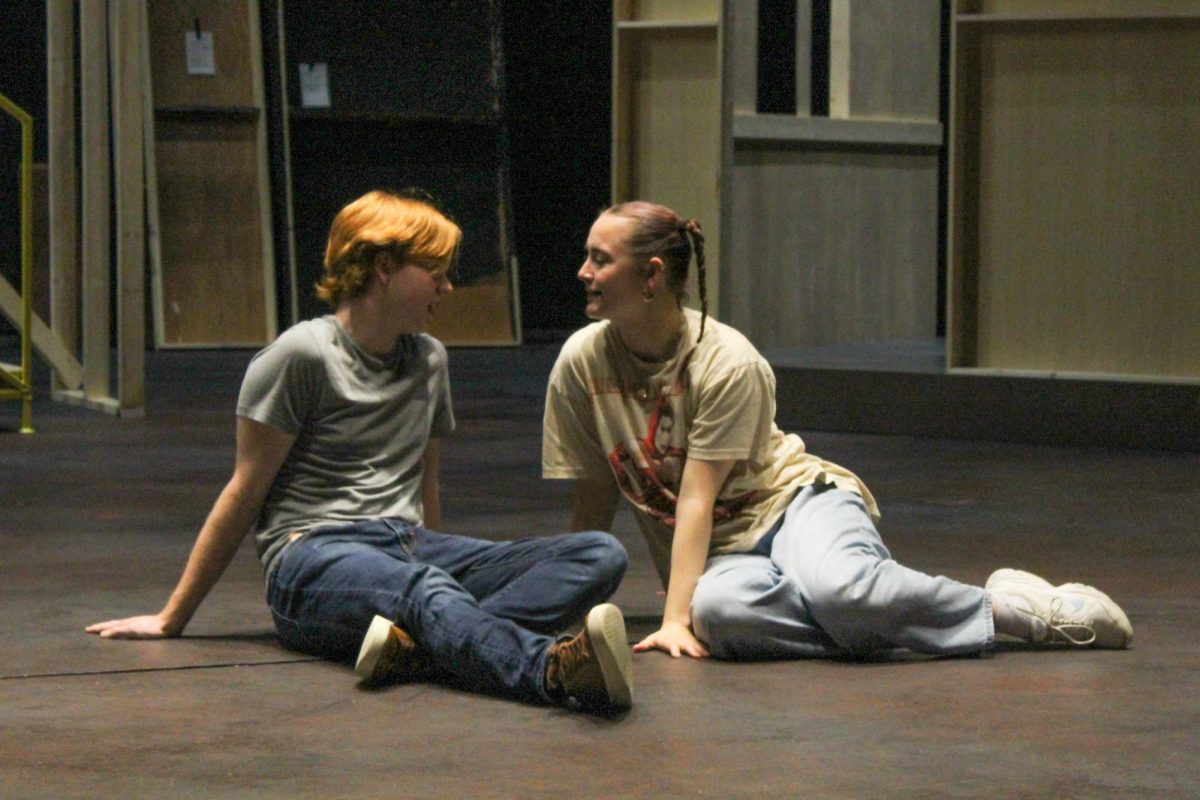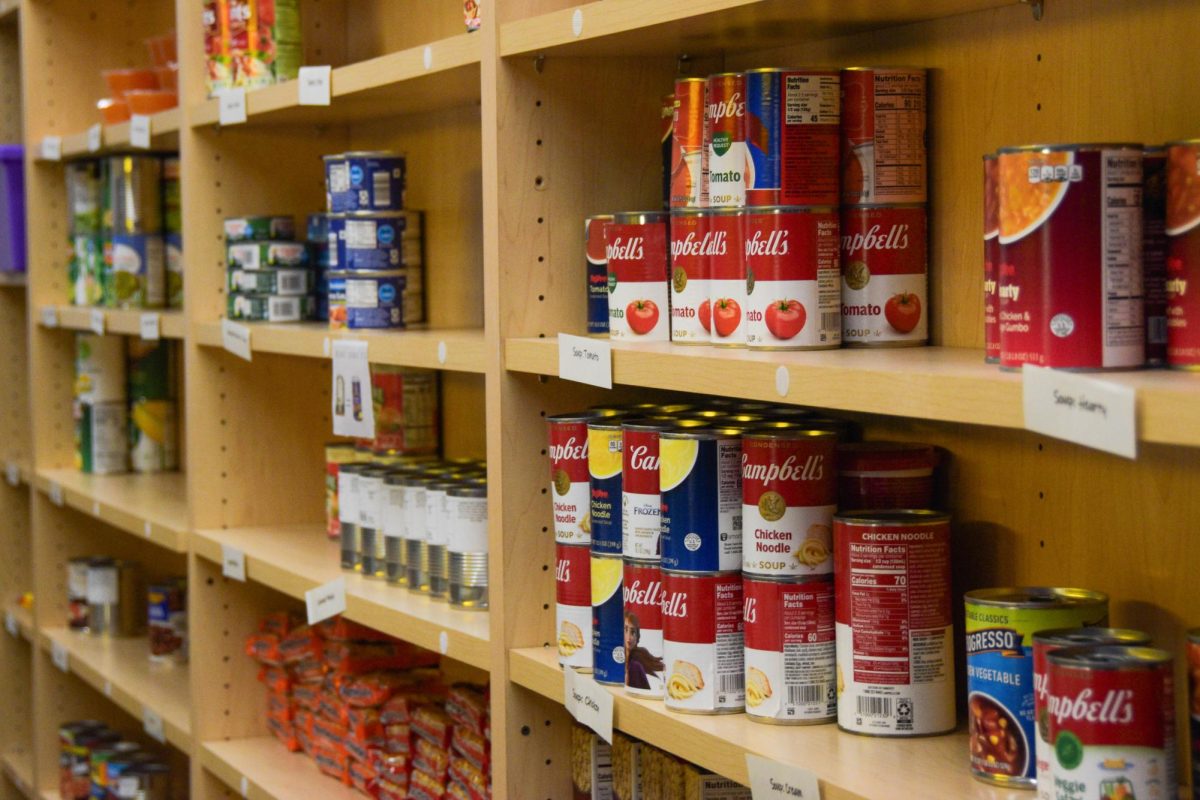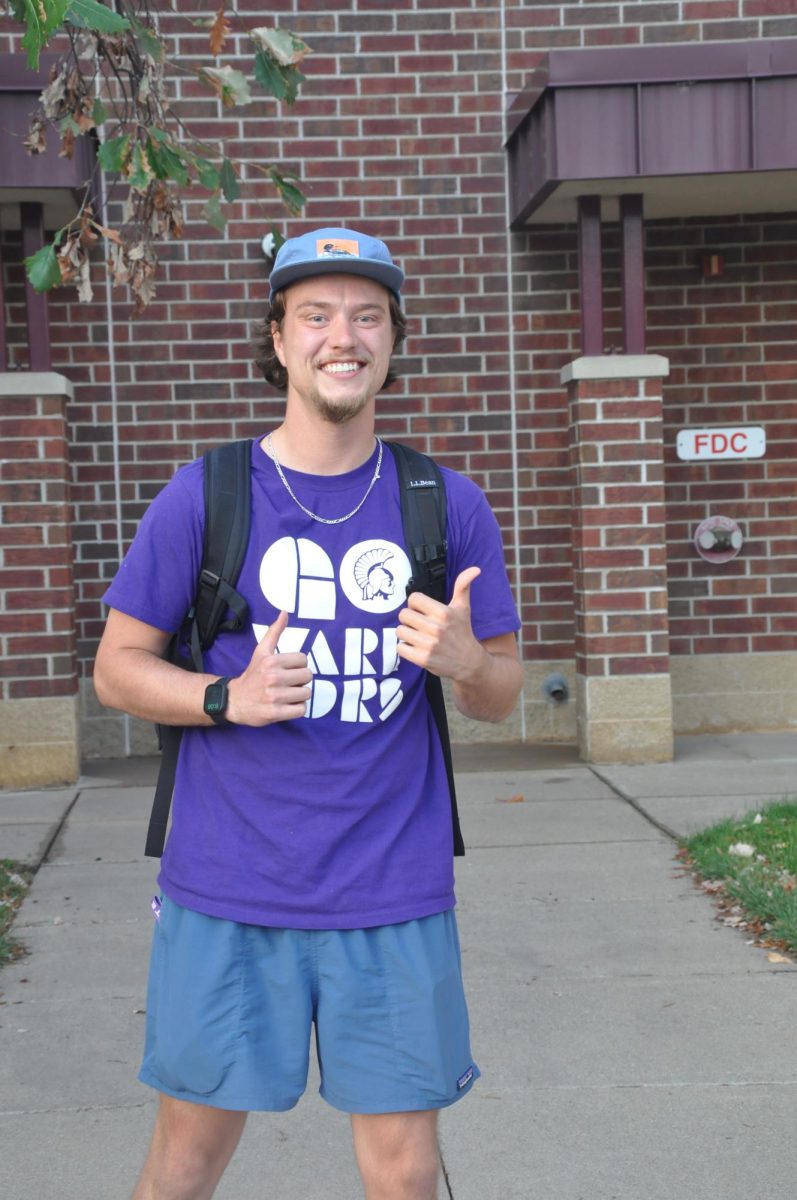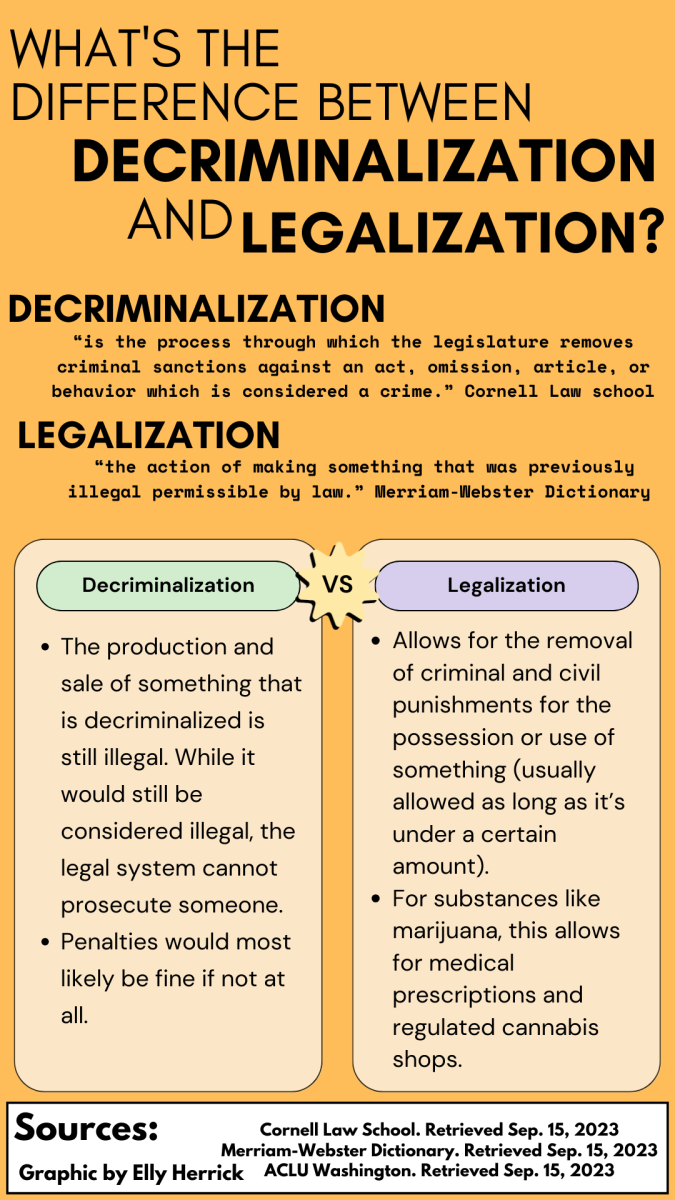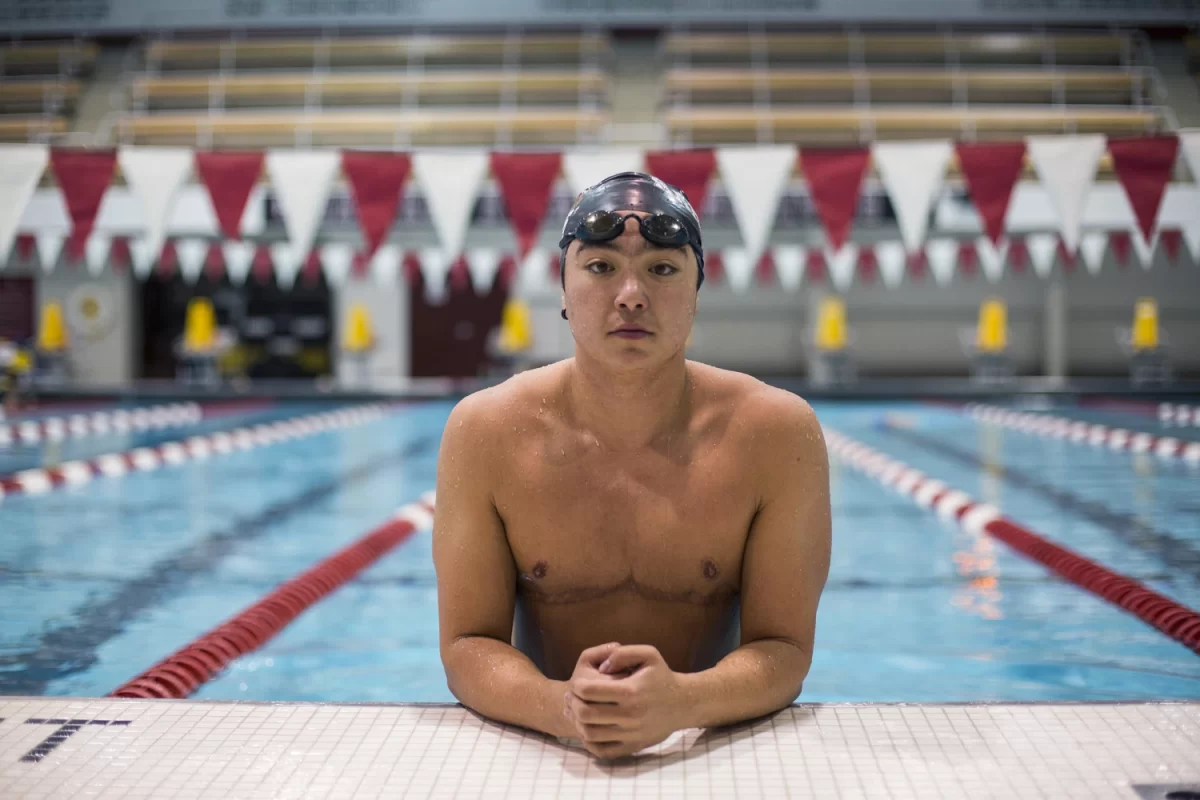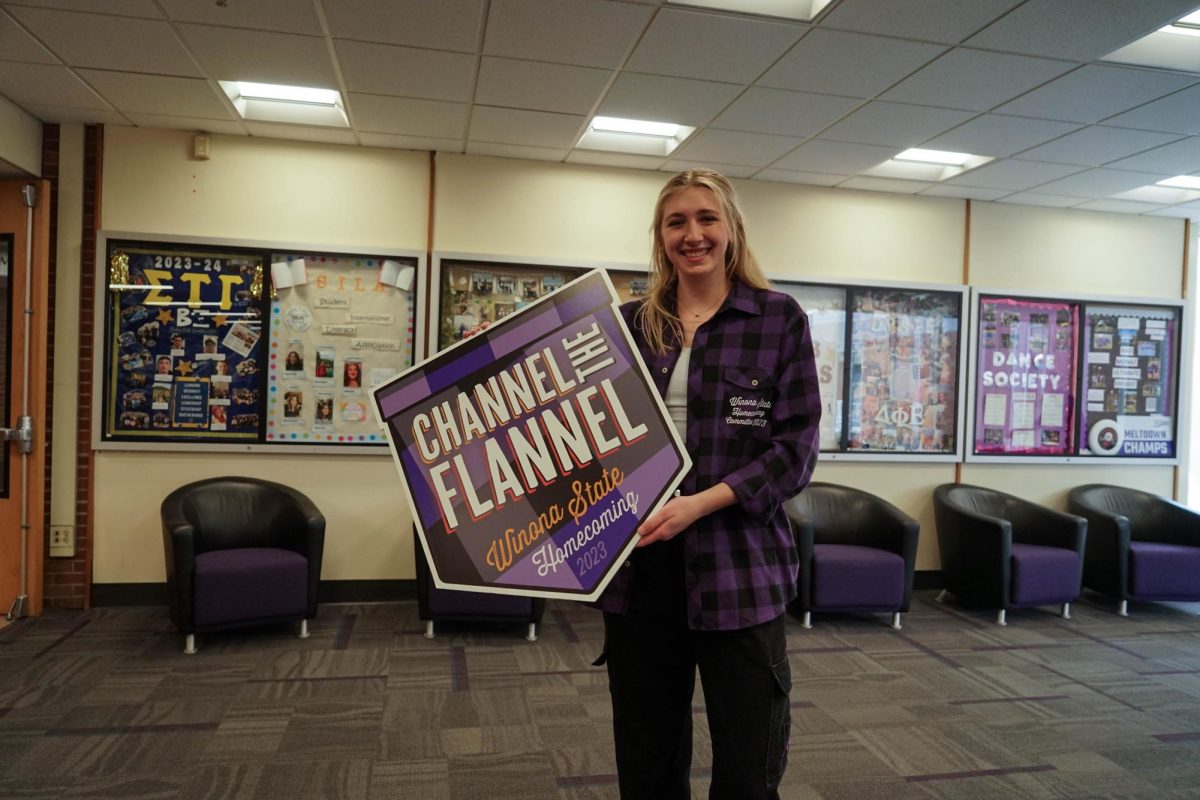Ben Strand/ Winonan
With Winona State University’s commitment focused on building a sustainable community for the 2014-2015 school year, faculty and staff members have been encouraged to take time during their classes to promote and inform sustainability through Anthropocene teach-ins.
Teach-ins are primarily seen on college campuses through lectures and discussions in order to promote awareness on a certain social or political issue.
Anthropocene is a term that classifies humans as the most powerful geological forces on this planet today, and only humans have the power to change the way we interact with the earth.
Teach-ins began in the 1960s by anthropologist Marshall Sahlins at the University of Michigan to explore different ways people could protest the Vietnam War.
In March 1965, faculty and staff at the University of Michigan organized the first official teach-in. Approximately 3,500 people showed up for debates, discussions, movies and music focused on protesting the war.
Winona State has continued the teach-in technique by adapting it to the university’s theme of sustainability.
English professor Jim Armstrong said the university hopes professors spend time in class to talk about sustainability and make sure students understand the importance of climate change and its potential impact on the world.
“Hopefully we can get students to start thinking about the future of their world,” Armstrong said. “And start making their decisions with the future of this planet in mind.”
Professors and community members have posted videos to Winona State’s website focusing on various areas of sustainability. There are two different two-week periods during the school year when teach-ins are hosted, with the next one from Feb. 23 to March 6.
Videos can be viewed at cs.winona.edu/teach-in/.
Bruno Borsari, an agro-ecologist and professor at Winona State, said human consumption of earth’s resources is outpacing the rate the earth can restore it.
“The deficit to fulfill the demand for the needed resources is increasing as we speak, every month, every year,” Borsari said. “I am talking about soil, food, water, energy, just to name a few.”
Borsari said sustainability is important because it is how humans are developing a way to make use of earth’s resources in a fashion that does not “jeopardize the quality of life of others, nor of future generations.”
Armstrong said the first step students can take is acknowledging the problem and making themselves aware of what our world will look like if we “keep living like we are without the thought of the risks involved.”
Borsari said there is one main question people can ask themselves if they want to contribute to building a sustainable future, “How can I simplify my life so that I do not need all this stuff modern society wants me to by?”





























































